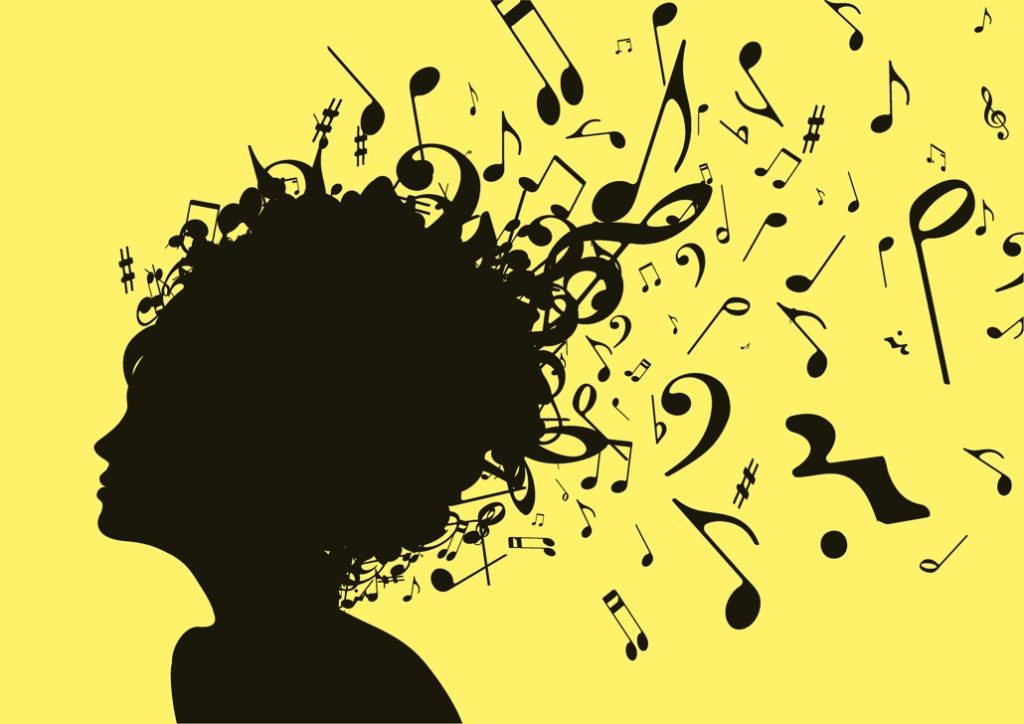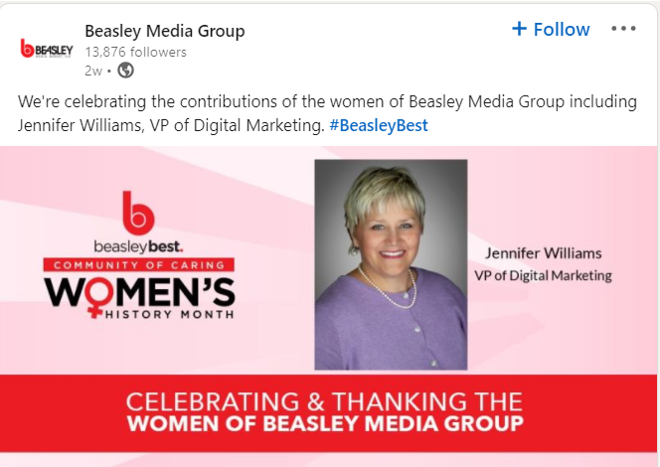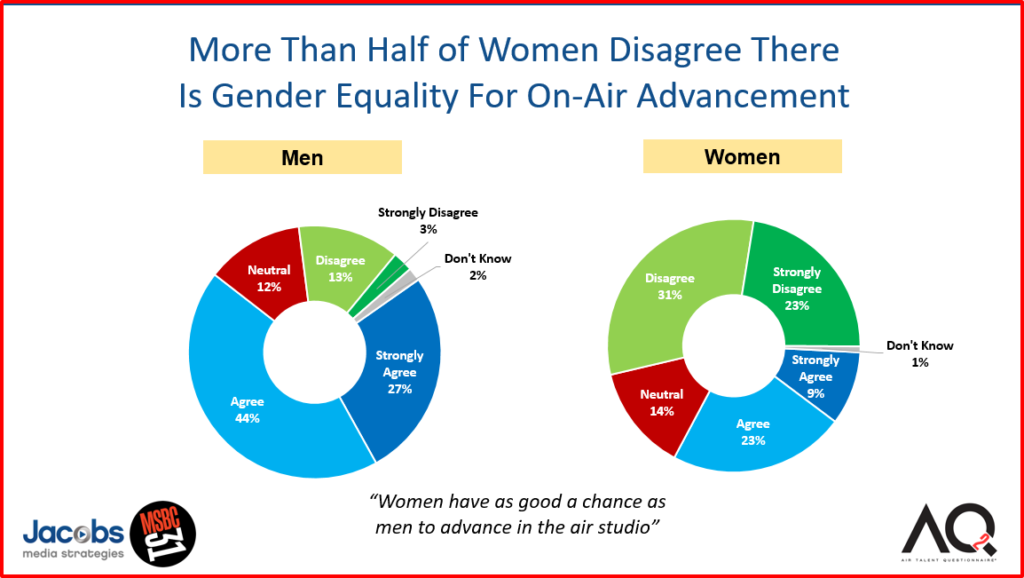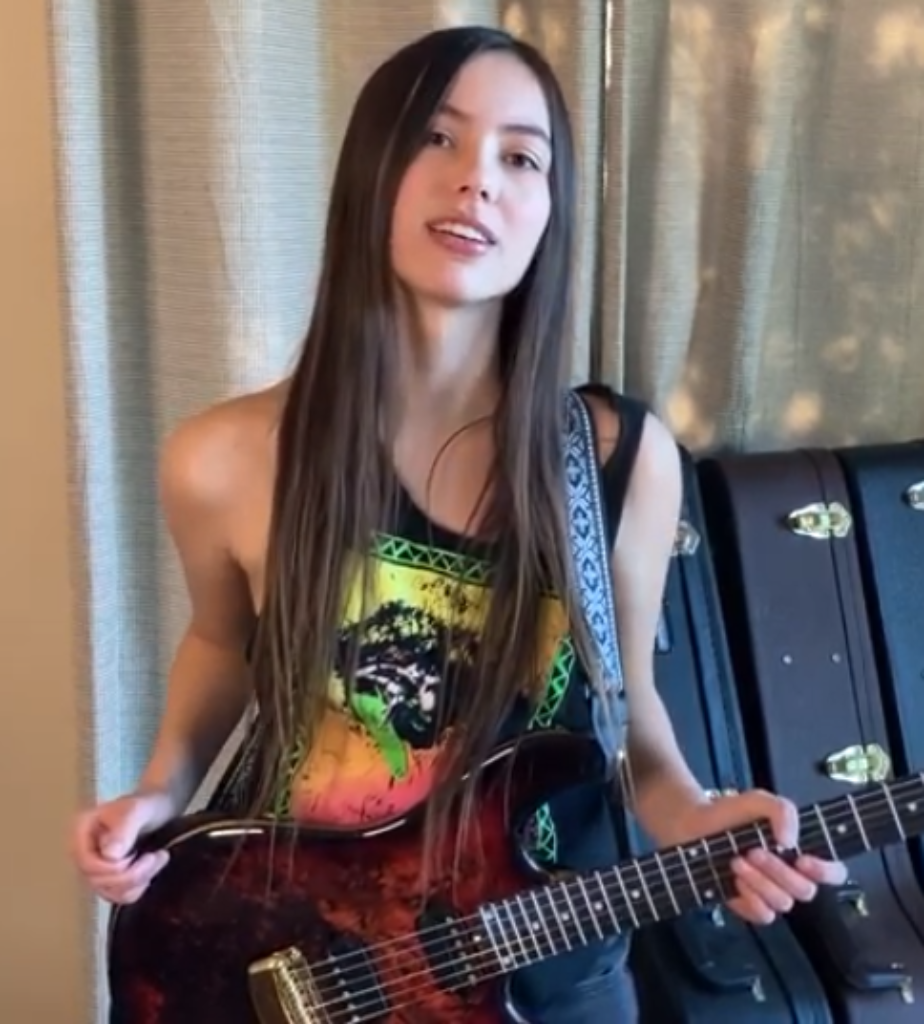Music streaming algorithms: Are they sexist?
While predictive data has certainly proven itself to be useful, algorithms, – written as they are by humans – are inherently flawed, and may be dishing up a hefty dose of sexism when it comes to curating our music streaming options.
Guest post by Fred Jacobs of Jacobs Media Strategies
It is probably just the second inning when it comes to the ways in which Artificial Intelligence – or AI – will impact platforms and devices in our digital lives. Whether it’s Amazon suggesting related purchases, Pandora choosing songs that are sonically compatible, or Netflix highlighting documentaries we might also enjoy, predictive data shadows us pretty much everywhere we go on the web.
And as we’ve learned, it can be effective – even helpful. Oftentimes, recommendations (“If you like this, you might like this”) can be pretty spot on. But as we’ve also learned, algorithms are far from perfect (especially when it’s an account we share with others). And the truth is that sometimes we choose a piece of content on a whim, and the next thing you know, an entire palate of similar programs shows up in our digital menus.
That’s all pretty harmless stuff. But what happens when AI takes us away from content that, in fact, should be exposed to us? To that end, there are emerging questions about whether streaming music algorithms are inherently sexist. That’s right. Do most music streaming algorithms steer us away from female artists?
Who’s asking these questions?
It’s not activists or social justice groups. In fact, it is academicians, investigating whether AI (purposefully or by happenstance) stacks the musical deck against women.
Originally, it was The New York Post reporting on this phenomenon. In a story by Hannah Sparks – “Streaming music algorithm more likely to play male artists” – it’s a study by a team of university professors representing schools in the Netherlands and Spain. Their research reveals streaming customers might have to wait 7 or 8 songs deep on a playlist or string of songs to hear a tune performed by a female artist.

The researchers appear to have done their homework, analyzing streaming choices among 330,000 music listeners over a 9-year time span. Their conclusion? Only one in four of the songs played featured women.
The study’s authors expanded on these findings – and their implications – in a publication called The Conversation. Their premise – “Music recommendation algorithms are unfair to female artists, but we can change that” – makes the case that AI engines tend to default to male artists, but they can be reconfigured to produce more balanced recommendations.
We certainly know the biases that human beings (program and music directors, as well as record label execs) can bring to the selection and decision-making process. After all, they are people, with complex histories of cultural, societal, and business influences, agendas, biases, and skews.
And by definition, algorithms should be “fair,” weeding out these human factors, and offering up recommendations that are scientifically produced rather than emotionally driven.
Except they aren’t.

It’s fascinating that we’ve just celebrated Women’s History Month where deserving women were honored all over the world from all walks of life.
Many broadcast radio companies and organizations also met the moment by showcasing some of their talented and capable women as well.
But on the airwaves – and especially on streaming services – it has been long apparent that many women both in music and radio have been overlooked.
We’ve been measuring some of those inequities in our AQ studies of radio air talent, conducted in collaboration with Don Anthony’s Morning Show Boot Camp.
The data point below from the 2019 study speaks volumes about how the lens you’re looking through very much determines your perspective on issues like institutional bias, fairness, and equal opportunity in the radio business.

At MSBC that year, Mandy James and Elizabeth Kay – two great talents – appropriately asked some hard questions of me, Greg Strassell, and Steve Reynolds – yes, a trio of OWGs (old white guys). Sadly, talent coach Angela Perelli had been slated to appear with us, but ran into travel delays and could not make the trip. Clearly, her presence would have changed the dynamic of our panel and the discussion that followed.
And that takes us back to this apparent Artificial Intelligence bias, and what can be done to level the musical playing field.
As the academics point out, it starts with the music industry. According to their analysis, fewer than one in four artists (23%) in the 2019 Billboard 100 were women or gender minorities. And only one in five registered songwriters is a woman.
But then there’s the gnarly issue of the math. Many of us in radio have something in common – many of us can barely balance our checkbooks, much less get our heads around music streaming algorithms. That’s why many of us chose mass media in the first place.

But the digit heads who program these beasts know these formulas can be adjusted. In fact, the study’s authors say a solution would be to “re-rank” recommendations; that is, “moving males artists a specified number of positions downward.” (So much for the old “radio rule” that you can’t play two females artists in a row.)
That simple action would serve to force female artists and their compositions to rise in the hierarchy, boosting their exposure. The resultant effects on consumer tastes (“liking” songs) remains to be seen, but this is how changing the way preferences shift could start.
The academic teams from the Spain and the Netherlands also offer a reminder about analog solutions – that is, rethinking the way musical festivals are booked.
And we end up back where we started – the radio and records side of the conversation. We can tweak algorithms all we like – and perhaps, create a positive impact on the airplay of women (as well as the hiring of women for programming and management positions.)
But the formula that needs to be changed is the analog one – the human side of the equation. That’s what affects how decision-makers approach hiring, training, and mentoring. And that factor has great sway in the overall exposure of female artists, songwriters, producers in the music industry, as well as hiring on the radio side: programmers, managers, talk show hosts, and music presenters.
Math and science will only take us so far. Changing hearts and minds is a quicker and more effective way to get there.

And that brings me a news item in Inside Radio last week, highlighting KLOS and their discovery of teenage guitar sensation, Jasmine Star. Programmer Keith Cunningham has provided the showcase for “Jasmine Jams,” a video feature that lives on a YouTube channel, as well as on the station website.
We highlighted Jasmine in a blog post back in early February. Now, it’s great to see her earn much-deserved recognition for her skills.
Keith is always in search of “what’s next?” and has become especially enamored by the immense talent of teens who can shred on a guitar like Eddie Van Halen or Stevie Ray Vaughan. Where did Keith find Jasmine Star? On TikTok, of course.
It’s these kinds of discoveries that should give us all hope and encouragement that the next big rock star – maybe even Jasmine Star will prominently show up big-time in our streaming algorithms.
So says this OWG. What say you?
Thanks, John Ford.
—-
Fred Jacobs President & Founder at Jacobs MediaFred Jacobs founded Jacobs Media in 1983, and quickly became known for the creation of the Classic Rock radio format.
Jacobs Media has consistently walked the walk in the digital space, providing insights and guidance through its well-read national Techsurveys.
In 2008, jacapps was launched – a mobile apps company that has designed and built more than 1,300 apps for both the Apple and Android platforms. In 2013, the DASH Conference was created – a mashup of radio and automotive, designed to foster better understanding of the “connected car” and its impact.
Along with providing the creative and intellectual direction for the company, Fred consults many of Jacobs Media’s commercial and public radio clients, in addition to media brands looking to thrive in the rapidly changing tech environment.
Fred was inducted into the Radio Hall of Fame in 2018.
Something that should be considered is only 22.5 percent of artists are female (according to Statista) so having 1/4 songs being a female artist is actually what it should be (25% compared to 22.5%). Wouldn’t making it 50/50 between male and female artists when most artists are male be sexist? Why not just leave out things like race, gender, and etc. from algorithms altogether so that we give everyone an equal chance and instead focus on recommending music based on the music itself (such as genre)? Seems like that’s all that should matter anyways – the music itself, and not give advantages/disadvantages for being a certain race, gender, age, or anything really that isn’t the music itself.
The song ‘Kiss me more’ has become popular due to it sexiest video style. I have been servings as a manager at this https://flirtymania.com/videochat-en.html website and help people with getting connected wonderful girls nearby cities and around the world. I love different kinds of music and music videos!
To clarify though I am very in favor of raising awareness for this and hope we can keep looking at things like this/questioning things to ensure women are always given a fair chance